- Welcome to FictionDB, Guest
- | My Account
- | Help

Milton in America — Peter Ackroyd
buy the book from amazon
Paperback editions:
Hardcover editions:
eBook editions:
Audio editions:
Large Print editions:
Description
John Milton, aging, blind, fleeing the restoration of English monarchy and all the vain trappings that go with it ("misrule" in his estimation), comes to New England, where he is adopted by a community of fellow puritans as their leader. With his enormous powers of intellect, his command of language, and the awe the townspeople hold him in, Milton takes on absolute power. Insisting on strict and merciless application of puritan justice, he soon becomes, in his attempt at regaining paradise, as much a tyrant as the despots from whom he and his comrades have sought refuge, more brutal than the "savage" native Americans.
As always, Ackroyd has crafted a thoroughly enjoyable novel that entertains while raising provocative questions--this time about America's founding myths. With a resurgence of interest in the puritans (in the movie adaptations of The Scarlet Letter and the forthcoming The Crucible), Milton in America is particularly relevant. It is also entirely absorbing--in short, vintage Ackroyd.
CERTAIN CONTENT THAT APPEARS ON THIS PAGE COMES FROM AMAZON. THIS CONTENT IS PROVIDED ‘AS IS’ AND IS SUBJECT TO CHANGE OR REMOVAL AT ANY TIME.
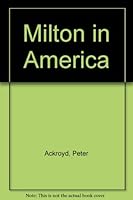
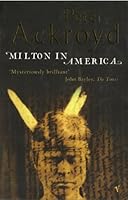
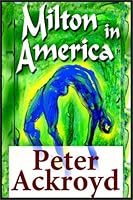
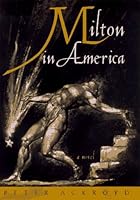
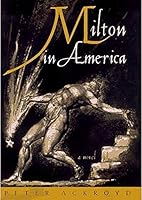
 Amazon UK
Amazon UK